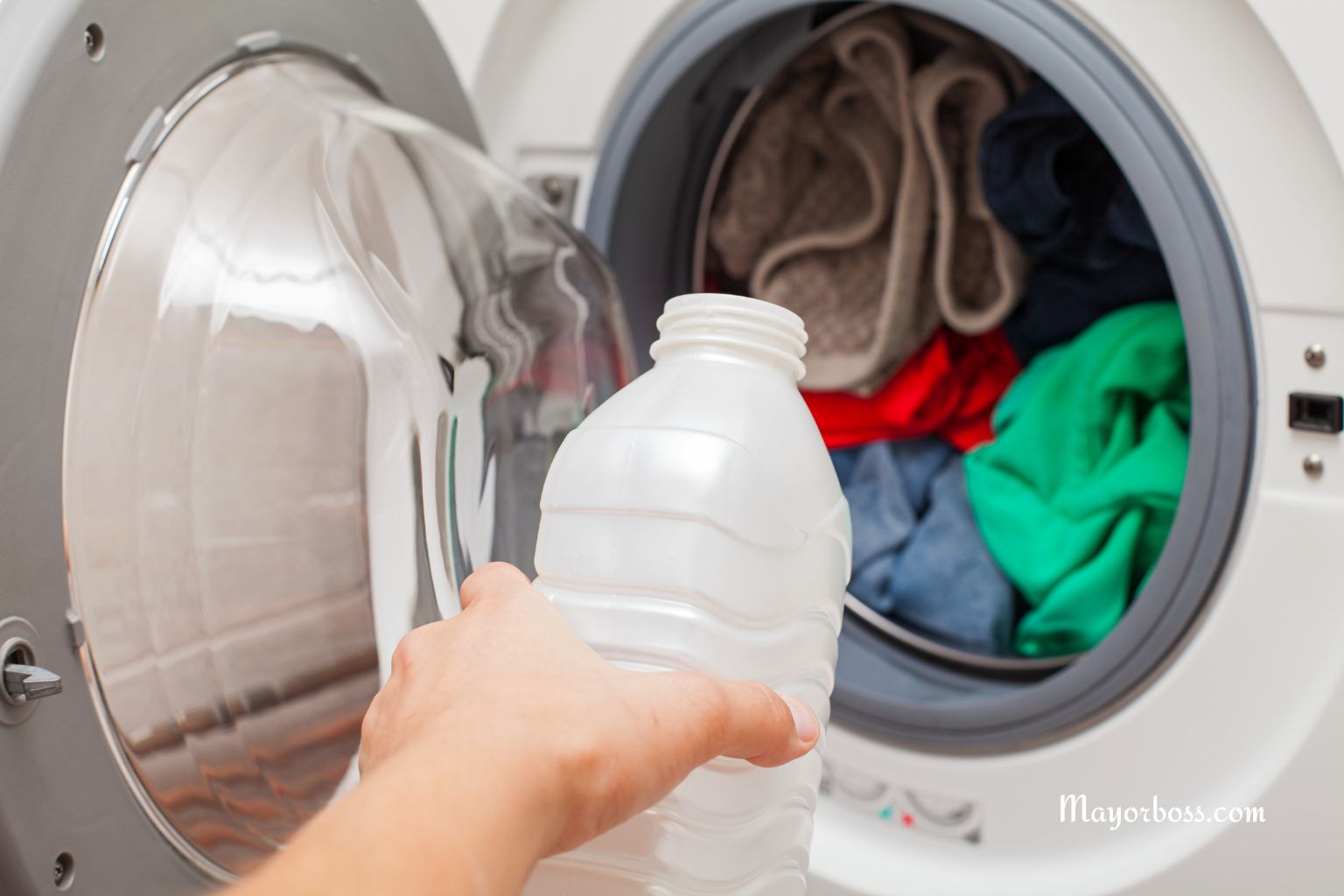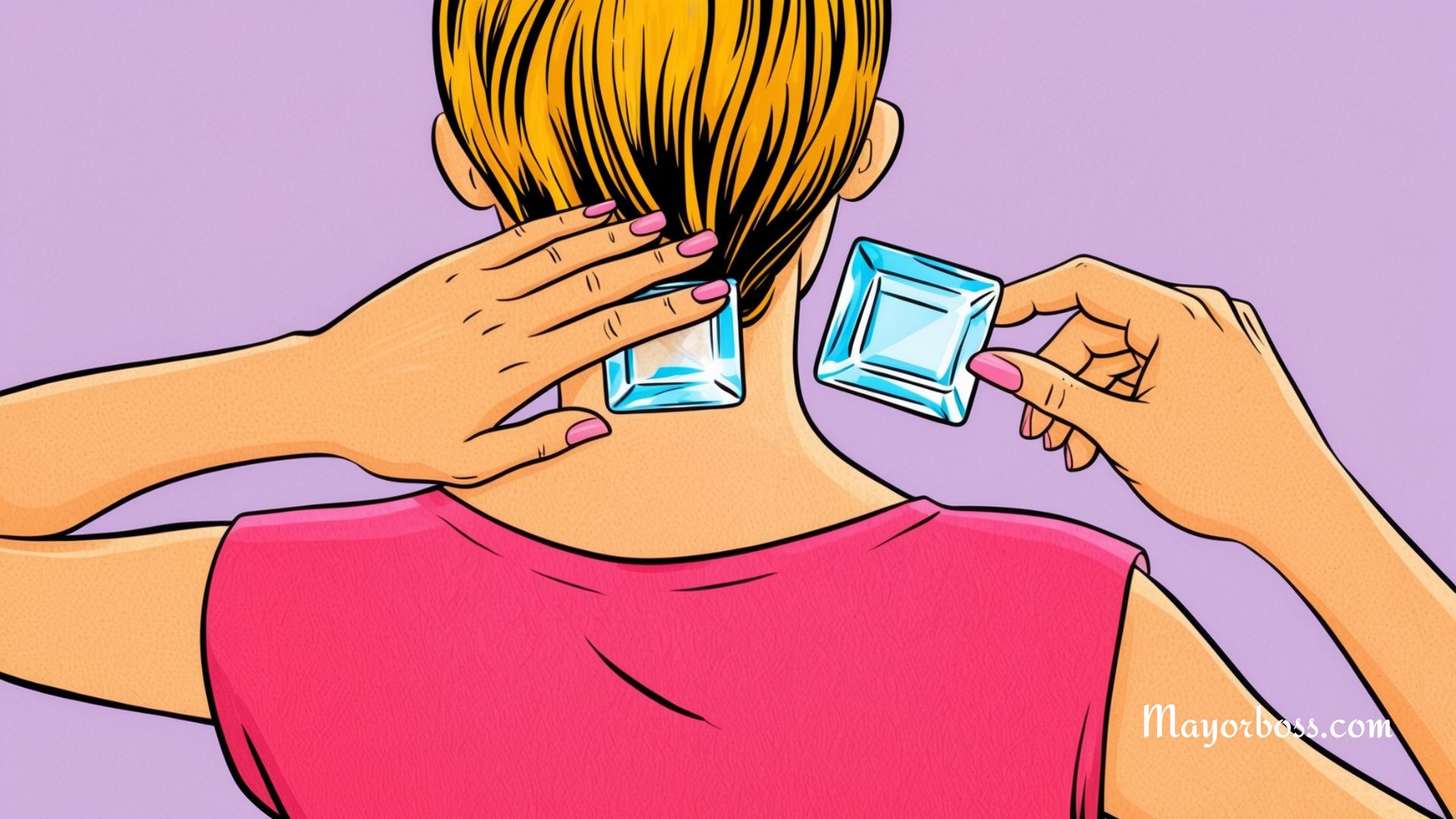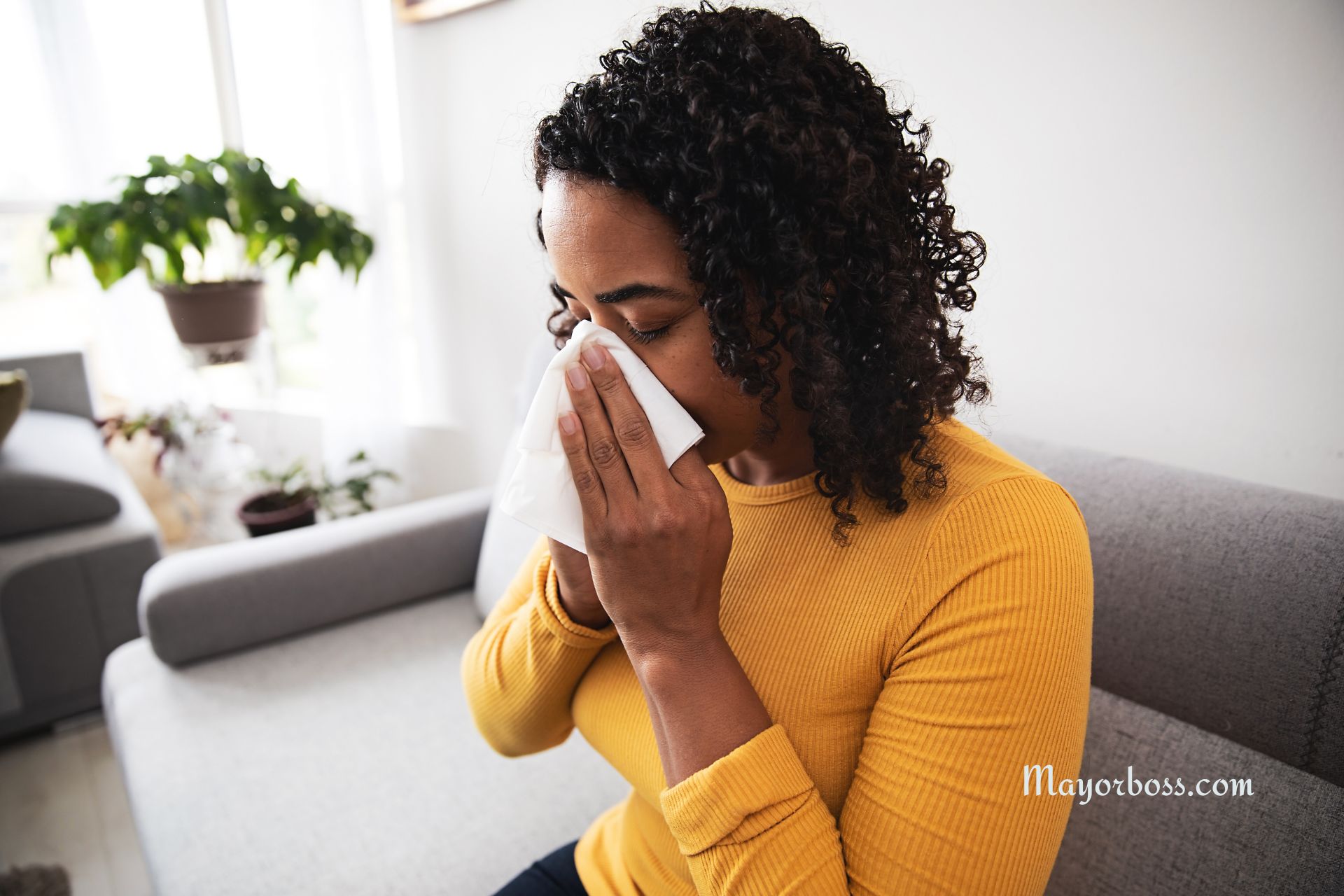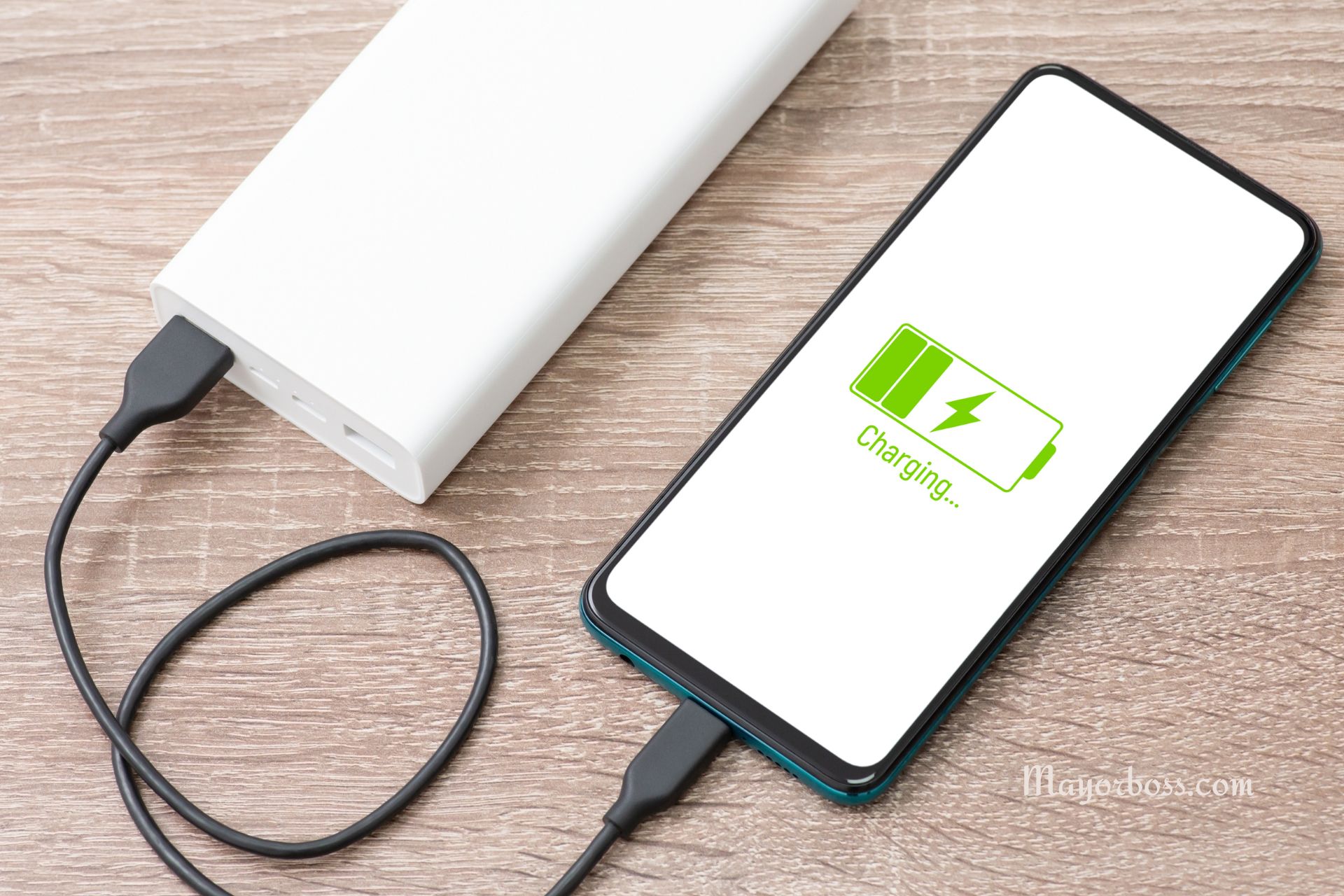How to Wash Clothes with Vinegar and Make Them Smell Brand New
Using vinegar to wash clothes is a simple, natural way to remove odors, soften fabrics, and freshen up your laundry. Here’s exactly how to do it so your clothes come out smelling clean and feeling soft, without any harsh chemicals.

Why Vinegar Works for Laundry
Vinegar, especially white distilled vinegar, has natural deodorizing and softening properties. It breaks down detergent buildup, neutralizes odors, and even helps kill bacteria. Plus, it’s gentle on fabrics and safe for washing machines.
The Best Type of Vinegar to Use
Always choose white distilled vinegar for laundry. It’s clear, affordable, and doesn’t stain fabrics. Avoid using apple cider vinegar, as it can leave a slight color or smell.
How Much Vinegar Should You Use?
You only need 1 cup of white vinegar per load. This amount is enough to freshen your clothes and clean your washing machine at the same time.
How to Add Vinegar to Your Wash Cycle
You can use vinegar in either the wash or rinse cycle. Here’s how:
For Odor Removal
- Add 1 cup of white vinegar directly into the washing machine’s drum.
- Place your clothes in the washer.
- Wash as usual with cold or warm water.
- You can add your regular detergent if you wish, but vinegar alone is often enough to deodorize.
For Fabric Softening
- Fill the fabric softener dispenser with 1/2 to 1 cup of white vinegar.
- Run the rinse cycle.
- This will soften fabrics naturally and help remove any remaining soap residue.
For Extra Stubborn Odors (like gym clothes or mildew)
- Soak the clothes in a mixture of 1 part vinegar to 4 parts water for 30 minutes before washing.
- Then, wash as usual with an extra 1 cup of vinegar in the drum.
Will Your Clothes Smell Like Vinegar?
No, your clothes will not smell like vinegar after washing. The vinegar smell rinses away completely during the wash and rinse cycles, leaving your clothes smelling fresh and clean.
Vinegar is Safe for Washing Machines
Vinegar is safe for both high-efficiency (HE) and standard washing machines. In fact, it helps clean out soap scum and mineral deposits from your machine’s interior, keeping it in good condition.1
Clothes That Shouldn’t Be Washed with Vinegar
While vinegar is safe for most fabrics, avoid using it on:
- Silk
- Rayon
- Acetate fabrics
These delicate materials can get damaged by the acidity.
Bonus Tip: Add Essential Oils for a Light Scent
If you want a gentle fragrance, add a few drops of essential oil (like lavender or lemon) into the fabric softener dispenser along with the vinegar. This will give your laundry a light, pleasant scent.
Benefits of Washing Clothes with Vinegar
- Eliminates musty odors
- Softens clothes naturally
- Removes detergent buildup
- Safe for sensitive skin
- Eco-friendly and affordable
- Keeps your washing machine fresh
Common Mistakes to Avoid
- Don’t mix vinegar with bleach. This creates harmful fumes.
- Don’t overuse vinegar. A cup is enough. Using too much may wear out elastic fibers over time.
- Don’t pour vinegar directly on colored clothes. Always dilute in water or add it to the drum to prevent any possible fading on dark or bright fabrics.
FAQs
1. Can I use apple cider vinegar instead of white vinegar for laundry?
White distilled vinegar is best because it’s clear and won’t stain. Apple cider vinegar can leave a tint or slight smell on fabrics.
2. Is vinegar safe for colored clothes?
Yes, but always dilute it. Avoid pouring it directly onto dark or bright fabrics.
3. Can vinegar replace fabric softener completely?
Absolutely. Vinegar naturally softens fabrics and is gentler on sensitive skin compared to commercial softeners.
4. Will my washing machine smell like vinegar after using it?
No, any vinegar smell will rinse out completely. In fact, vinegar helps eliminate odors from your machine.
5. How often should I use vinegar in my laundry?
You can use vinegar in every wash or just once a week for a deep clean, depending on your preference and laundry needs.






